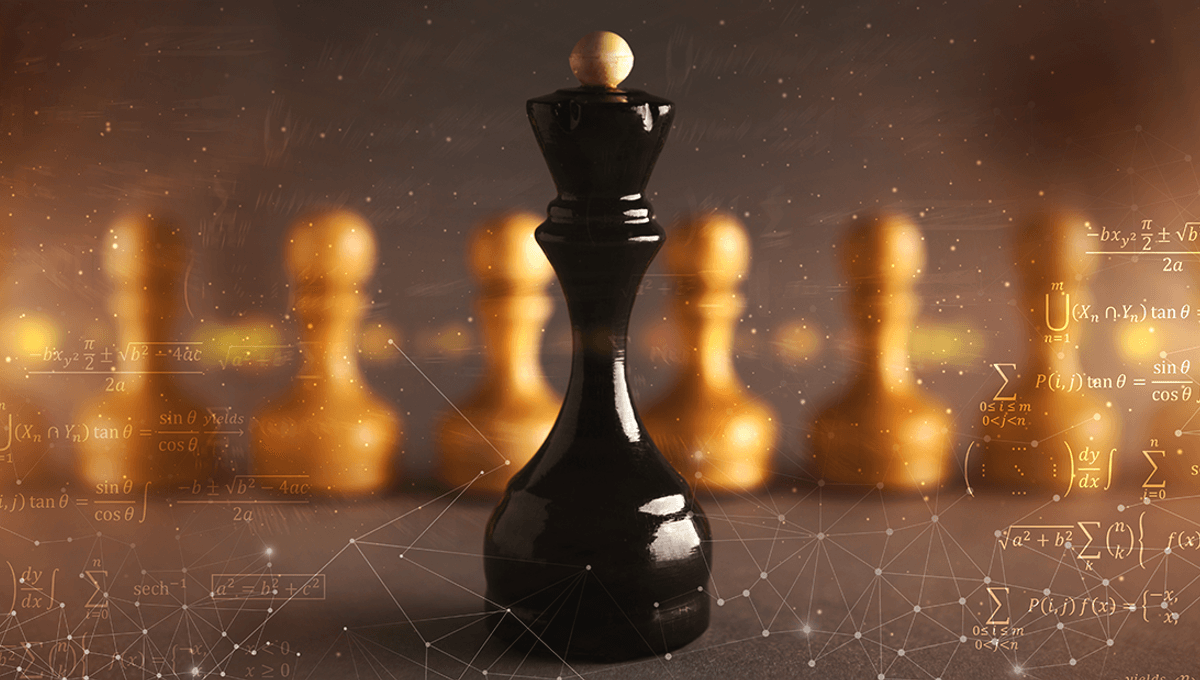
An argument has broken out on the Internet about how long it would take you to break out of a time loop if you had to remain there until you have beaten Russian chess grandmaster Garry Kasparov.
“Average man has never played chess, but he knows all of the rules. Each time he loses, the loop resets and Garry will not remember any of the previous games, but average man will,” Redditor Narwhalbaconguy wrote, laying down the rules. “Cheating is utterly impossible and average man has no access to outside information. He will not age or die, not go insane, and will play as many times as needed to win. How many times does he need to play to win and escape the time loop?”
People have suggested that you could “brute force” it. This doesn’t mean simply attacking Kasparov (though that was suggested too), but painstakingly trying out every move combination you can until you hit upon the win.
Though you have the advantage of time, this method looks pretty daunting if you take a brief look at the math of chess. In a paper that attempted to look at solving chess with a computer, mathematician Claude Shannon pointed out the absurdity of a “brute force” approach, given the sheer number of possible moves in the game.
“A move for White and then one for Black gives about 103 possibilities. A typical game lasts about 40 moves to resignation of one party. This is conservative for our calculation since the machine would calculate out to checkmate, not resignation,” Shannon explained in his paper. “However, even at this figure there will be 10120 variations to be calculated from the initial position. A machine operating at the rate of one variation per micro-second would require over 1090 years to calculate the first move!”
There are arguments about whether these are sensible moves or not, but to give you an idea of how big that number is, it’s more than the number of atoms estimated to be in our observable universe (~1082 atoms).
“He could in theory win by playing Gary against himself,” one Redditor suggested. “Just change sides each time and play the move Gary played in his last game and keep track over many different games to win.”
This is a bit of an improved strategy, and not one without precedent. In 2015, British mentalist and illusionist Derren Brown “played” nine highly-skilled chess players (including four grandmasters) in a simultaneous game of chess. Despite not being very good at chess, Brown was able to win four games, draw two, and lose two.
How was he able to do this? By memorizing the moves of the people he was playing, moving around the circle, and playing that move against their actual opponent. Though they thought they were playing chess with him, they were actually playing against another highly-skilled chess player, with Derren Brown merely moving the pieces. To come out with a win, he simply played a real game against the weakest player.
This strategy might work in your time loop if you had a second grandmaster handy. But you could attempt to play Kasparov against himself, memorizing what moves he makes each time and playing it in the next game until you have your win. Of course, Kasparov may not play the same each time, being influenced by tiny changes in when moves are played etc, but it could give you a reasonable shot.
You may also take comfort in the knowledge that grandmasters have lost games to average chess players. Play enough games, and maybe ask Kasparov where you went wrong or for other tips, and you might not be trapped in the time loop for too long.
“The chief weakness is that the machine will not learn by mistakes,” as Claude Shannon noted. “The only way to improve its play is by improving the program.”
Source Link: If You Were Stuck In A Time Loop, Could You Beat Garry Kasparov At Chess?